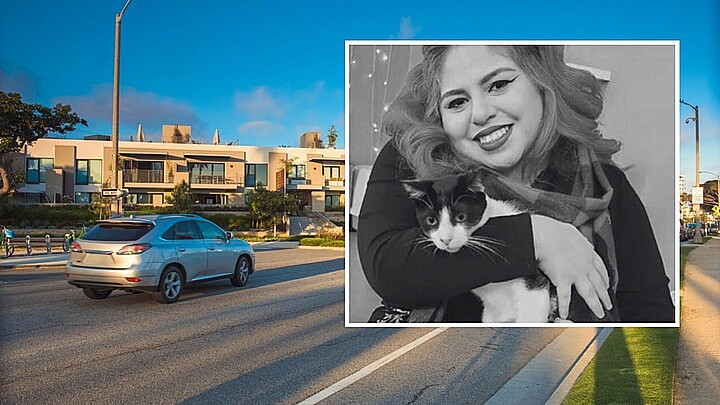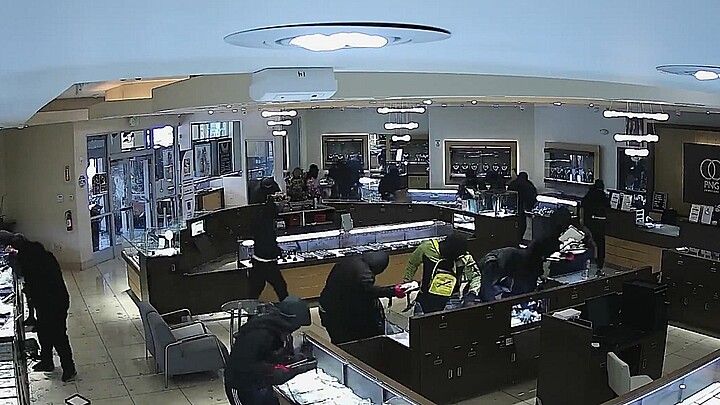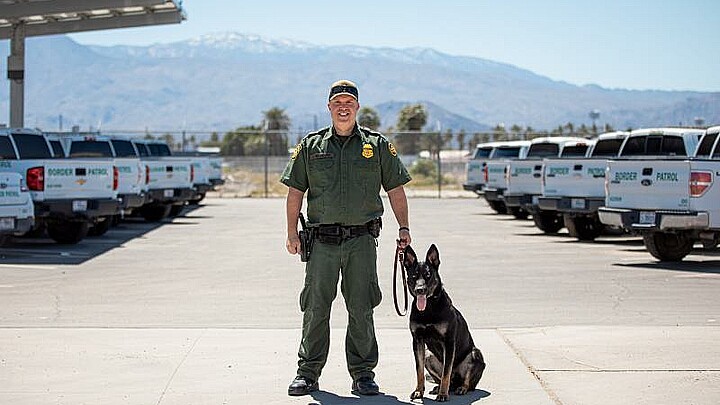Crime
California bill would stop DNA from incriminating sexual assault victims
A California lawmaker introduced a bill Monday that would prohibit local law enforcement agencies from retaining the DNA profiles collected from victims of sexual assault in databases used to identify crime suspects
March 7, 2022 6:50pm
Updated: March 8, 2022 3:09pm
A California lawmaker introduced a bill Monday that would prohibit local law enforcement agencies from retaining the DNA profiles collected from victims of sexual assault in databases used to identify crime suspects, to advance privacy protections for sexual assault survivors.
Senate Bill 1228 was sponsored by Sen. Scott Wiener to ensure that a sexual assault victims’ DNA could not be used against them in the future. The bill would prohibit the DNA profiles collected from victims of sexual assault – including rape kits – to be used for any other purpose than identifying the perpetrator of the crime.
The bill would also outlaw local law enforcement agencies from retaining the victim’s DNA in a database and using it later on to incriminate them in unrelated crimes.
“Sexual assault is among the most traumatic events that any person can experience, and we must do everything in our power to support and protect survivors who make the brave choice to come forward,” Wiener, D-San Francisco, said in a statement. “It’s unacceptable to use survivors’ DNA — given expressly for the purpose of finding or prosecuting a perpetrator — to incriminate that same survivor. Sexual assault exams are traumatic enough as it is; we don’t need to create additional reasons for survivors to forgo them. SB 1228 will help us protect survivors’ rights and privacy.”
The bill comes after officials revealed in February that the San Francisco police crime lab was entering DNA profiles of sexual assault victims into a database used to identify crime suspects, the San Francisco Chronicle reported.
San Francisco District Attorney Chesa Boudin, who is backing Wiener’s bill, made the news public when his office found that a woman’s DNA collected as part of a rape kit years ago was recently used to identify her as a suspect in a property crime. He said in a statement on Monday that he supports this legislation “to protect the constitutional rights of sexual assault survivors.”
“Victims of sexual assault should be encouraged and supported in coming forward to undergo sexual assault examinations to identify their perpetrator,” Boudin said in a statement on Monday. “Instead, the practice by a police crime lab that my office exposed treats victims like criminals. It not only violates their privacy, but it dissuades victims from reporting sexual violence—which makes us all less safe.”
Under federal law, the inclusion of a victims’ DNA in a national Combined DNA Index System (CODIS) is prohibited. There is no corresponding state law in California that prohibits law enforcement databases from retaining a victims’ profile and searching for it years later for other purposes, according to a press release from Wiener’s office.
Wiener said this bill would address this situation by requiring DNA samples to be used solely for the purpose of the sexual assault investigation.
Supporters of the bill said Monday that this legislation is needed to ensure that survivors feel comfortable coming forward with reports of sexual assault, particularly when so few are reported. Only about a quarter of rapes and sexual assaults are reported to police, according to 2018 statistics from the National Sexual Violence Resource Center.
“More than two thirds of sexual violence victims do not report the assault to law enforcement. Using a survivor's rape kit for any other purpose other than to hold the perpetrator accountable further discourages survivors from coming forward,” Ilse Knecht, police and advocacy director for Joyful Heart Foundation, said in a statement. “We applaud Senator Wiener for swiftly introducing legislation that rectifies this issue. SB1228 signals to survivors in California that they and what happened to them matters, and is a step towards building survivors’ trust.”










